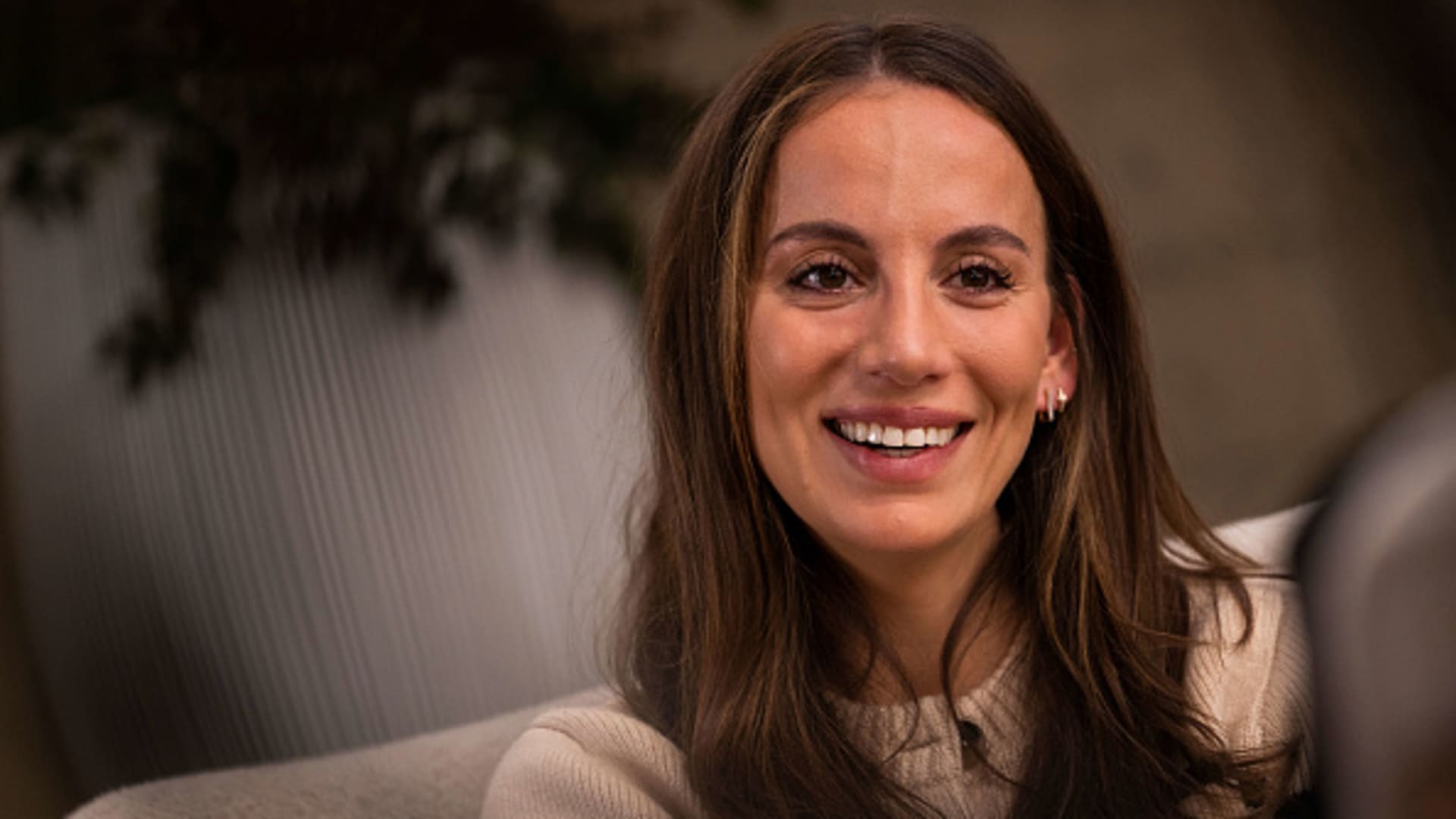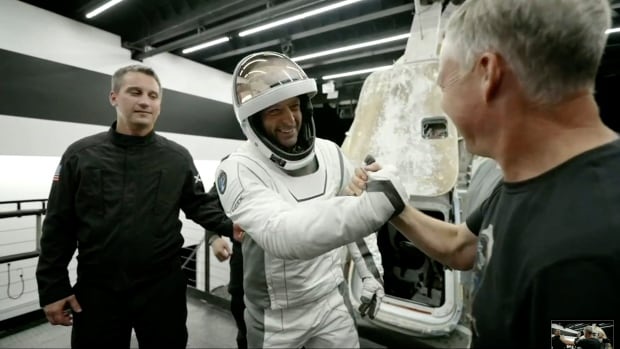Mira Murati, chief technology officer of OpenAI Inc., during an interview on “The Circuit with Emily Chang” in San Francisco, California, US, on Monday, April 4, 2023.
Philip Pacheco | Bloomberg | Getty Images
OpenAI chief technology officer Mira Murati said Wednesday she is leaving the company after six and a half years.
“After much reflection, I have made the difficult decision to leave OpenAI,” she wrote in a memo to OpenAI, which she also published on X, adding, “There’s never an ideal time to step away from a place one cherishes, yet this moment feels right.”
Murati is the latest in a growing line of high-level execs to depart the high-valued startup. OpenAI co-founder Ilya Sutskever and former safety leader Jan Leike announced their departures in May. Co-founder John Schulman said last month that he was leaving to join rival Anthropic.
Murati also wrote that she is “stepping away because I want to create the time and space to do my own exploration. For now, my primary focus is doing everything in my power to ensure a smooth transition, maintaining the momentum we’ve built.”
OpenAI, the Microsoft-backed startup behind ChatGPT and SearchGPT, is currently pursuing a funding round that would value the company at more than $150 billion, according to sources familiar with the situation who asked not to be named because details of the round haven’t been made public. Thrive Capital is leading the round and plans to invest $1 billion, and Tiger Global is planning to join as well. Microsoft, Nvidia and Apple are reportedly also in talks to invest.
While OpenAI has been in hyper-growth mode since late 2022, when it launched ChatGPT, it’s been simultaneously riddled with controversy and high-level employee departures, with some current and former employees concerned that the company is growing too quickly to operate safely.
Murati raised eyebrows in June, when she told an audience at The Wall Street Journal’s WSJ Tech Live Conference that new AI tools will likely lead to the disappearance of some creative jobs.
“Some creative jobs maybe will go away, but maybe they shouldn’t have been there in the first place if the content that comes out of it is not very high quality,” Murati said in an on-stage interview, adding, “I really believe that using it as a tool for education [and] creativity will expand our intelligence and creativity and imagination.”
This is breaking news. Please refresh for updates.







